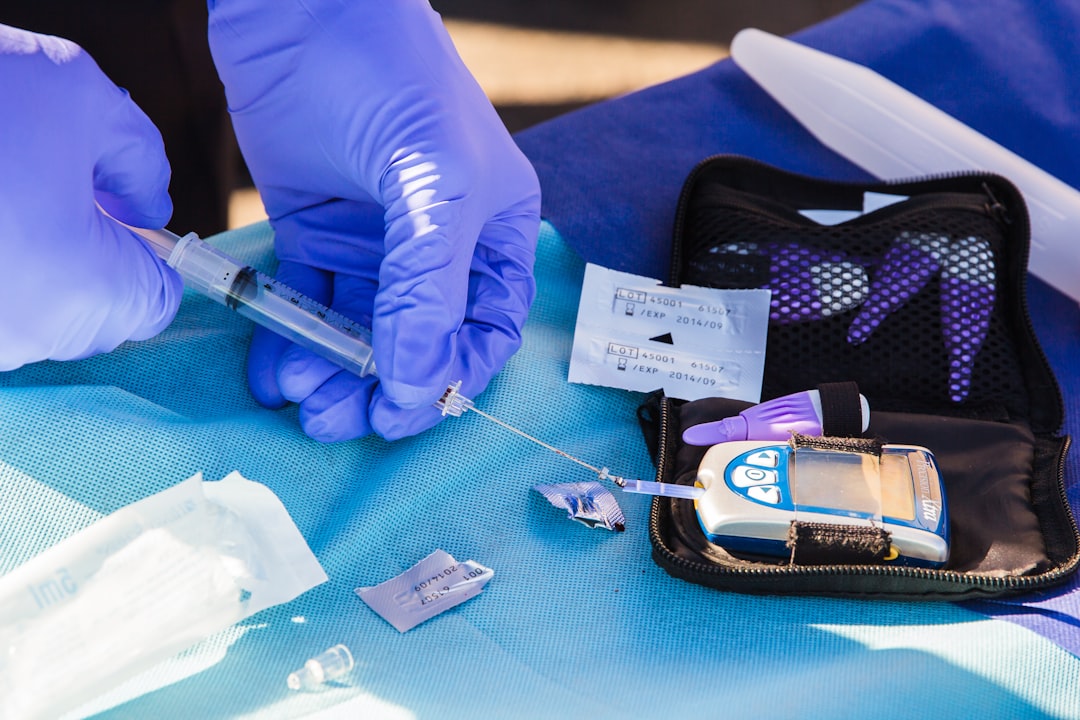What is it about?
This study focussed on the synthesis of sulfamethoxazole derivatives and their biological evaluation. The sulfamethoxazole derivatives were successfully biologically evaluated against Mycobacterium tuberculosis, Staphylococcus aureus, and Chinese Hamster Ovarian (CHO) cells.
Featured Image

Photo by CDC on Unsplash
Why is it important?
Microbial infections pose a substantial health risk, especially to those people with a weakened immune system as a result of various factors such as other ailments, immunosuppressants, and cancer-treating strategies. As a result, the search for better-acting, efficient, and safe antimicrobial agents remains of great interest. Tuberculosis (TB), a communicable disease that is caused by bacillus Mycobacterium tuberculosis (Mtb), is one of the leading causes of death due to a single infectious agent worldwide even eclipsing HIV/AIDS. The World Health Organisation (WHO) has reported that the emergence of COVID-19 has negatively affected the whole process of TB management [2]. This resulted in an increase in the number of people who developed TB in 2020.
Perspectives
Seven (7) compounds, mostly with similar structural properties, were not active when evaluated against Mtb, while the rest of the compounds showed weak (36%) to strong (92%) percentage inhibition of Mtb. In addition, ten (10) compounds were active when evaluated against S. Aureus, representing 50% of all compounds. Only two (2) compounds were active (toxic) against CHO cells, while the rest of the compounds performed better than SMZ (less toxic) against CHO cells.
Tlabo Leboho
University of Limpopo
Read the Original
This page is a summary of: Benzylated Sulfamethoxazole Derivatives with Improved Safety Profile as Potential Anti-Mycobacterium tuberculosis and Antibacterial Agents, Journal of Chemistry, September 2023, Hindawi Publishing Corporation,
DOI: 10.1155/2023/4805466.
You can read the full text:
Contributors
The following have contributed to this page










